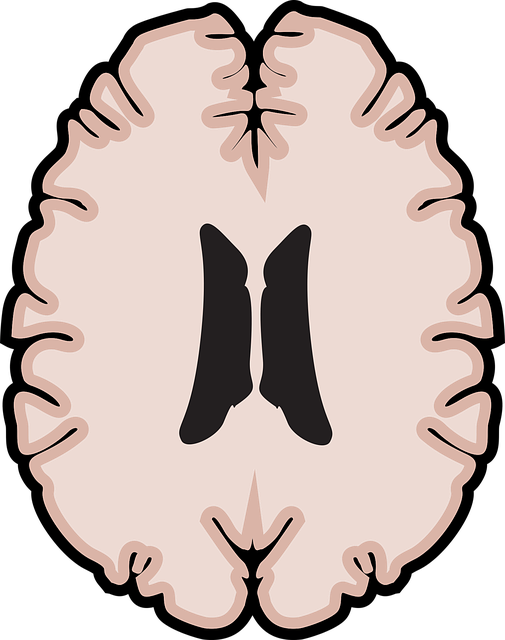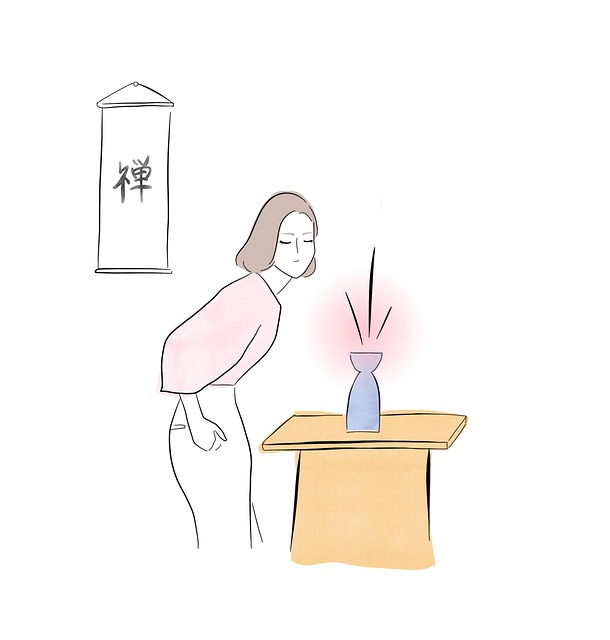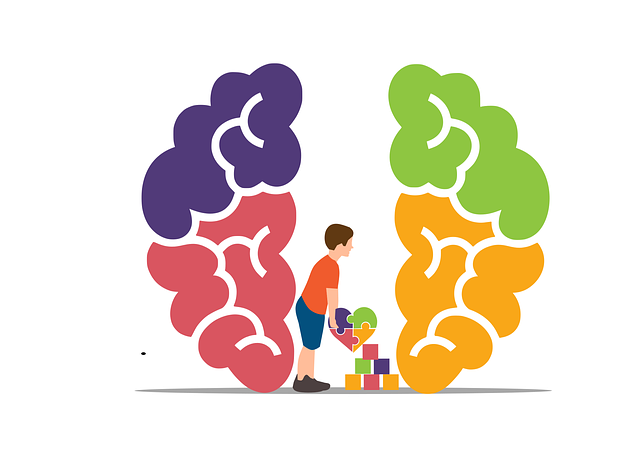Mood regulation is a crucial component of PTSD recovery, influenced by evidence-based practices like Cognitive Behavioral Therapy (CBT) in Boulder, which targets negative thought patterns. Mindfulness and meditation enhance self-awareness, while exposure therapy safely confronts traumatic memories, reducing PTSD symptoms. Lifestyle changes, including dietary adjustments, exercise, and adequate sleep, complement Boulder PTSD therapy, promoting holistic emotional healing and improved coping mechanisms.
In the journey towards recovery from Post-Traumatic Stress Disorder (PTSD), mastering mood regulation is a pivotal step. This comprehensive guide explores effective strategies to navigate and manage emotional states, offering hope and practical tools for those in Boulder seeking PTSD therapy. From evidence-based therapies like Cognitive Behavioral Therapy (CBT) to mindfulness practices and lifestyle adjustments, discover how these methods can empower individuals to regain control over their moods and foster a path to healing.
- Understanding Mood Regulation and its Impact on PTSD Recovery
- Cognitive Behavioral Therapy (CBT): A Powerful Tool for Mood Management
- The Role of Mindfulness and Meditation in Calming Emotional Storms
- Exposure Therapy: Confronting Fears to Shift Mood Patterns
- Lifestyle Changes: Nutrition, Exercise, and Sleep for Better Mood Regulation
Understanding Mood Regulation and its Impact on PTSD Recovery

Mood regulation is a critical component in the recovery process for individuals dealing with Post-Traumatic Stress Disorder (PTSD). Understanding and effectively managing one’s moods can significantly impact the effectiveness of Boulder PTSD therapy. The ability to regulate emotions plays a pivotal role in helping survivors navigate through traumatic memories, intense feelings, and distressing thoughts associated with PTSD. By learning and implementing mood regulation strategies, individuals can enhance their resilience building and emotional healing processes.
In the context of PTSD recovery, mood regulation techniques allow for healthier coping mechanisms, reducing reliance on unhealthy behaviors or substances often used as means of escape. Public awareness campaigns development around mental health has shed light on the importance of early intervention and proper support systems in managing PTSD symptoms. Through evidence-based practices, individuals can develop a deeper understanding of their emotional responses, fostering personal growth and an improved quality of life.
Cognitive Behavioral Therapy (CBT): A Powerful Tool for Mood Management

Cognitive Behavioral Therapy (CBT) stands as a powerful tool for managing moods and addressing various mental health challenges, including post-traumatic stress disorder (PTSD). This evidence-based therapy focuses on identifying and changing negative thought patterns and behaviors that contribute to emotional distress. By helping individuals understand the connection between thoughts, feelings, and actions, CBT empowers them to gain control over their emotional responses.
In Boulder, where access to trauma support services is readily available, CBT plays a crucial role in burnout prevention and overall mental well-being. Through self-care practices, individuals learn to challenge distorted thinking and replace it with more realistic and positive thoughts. This process facilitates better coping strategies, enhances resilience, and promotes emotional stability, making it an effective approach for those seeking long-lasting mood regulation.
The Role of Mindfulness and Meditation in Calming Emotional Storms

Mindfulness and meditation have emerged as powerful tools in navigating emotional turmoil and regulating mood. In today’s fast-paced world, where stress and anxiety are prevalent, these ancient practices offer a sanctuary of calm. By focusing on the present moment, individuals can learn to observe their thoughts and emotions without judgment, a skill particularly beneficial for those dealing with post-traumatic stress disorder (Boulder PTSD Therapy).
Regular meditation practice has been shown to enhance self-awareness and empathy building strategies, allowing people to better understand and manage their emotional responses. This process encourages positive thinking and a more balanced perspective, which is crucial in mitigating the intensity of emotional storms. Through mindfulness, individuals can cultivate a deeper sense of inner peace, resilience, and self-esteem improvement, ultimately empowering them to face life’s challenges with greater equanimity.
Exposure Therapy: Confronting Fears to Shift Mood Patterns

Exposure therapy is a powerful tool in shifting mood patterns, particularly effective for individuals dealing with post-traumatic stress disorder (PTSD) in Boulder. This approach involves gradually and safely confronting fears and traumatic memories to help individuals manage their emotional responses. By facing their triggers in a controlled environment, patients can rewire their brains’ reactions to fear, reducing the intensity of negative emotions.
In the context of risk management planning for mental health professionals, exposure therapy requires careful consideration of each client’s unique situation and fears. It involves creating a structured plan where individuals are exposed to specific situations or memories that induce anxiety or distress. Over time, this process allows them to develop coping strategies and gain a sense of control over their emotional responses, ultimately reducing the symptoms associated with PTSD. Additionally, by addressing the underlying causes of mood disturbances, exposure therapy contributes to mental illness stigma reduction efforts, empowering individuals to take charge of their mental health.
Lifestyle Changes: Nutrition, Exercise, and Sleep for Better Mood Regulation

Lifestyle changes are powerful tools for enhancing mood regulation and can be particularly beneficial for individuals managing conditions like post-traumatic stress disorder (PTSD). Nutrition plays a significant role; incorporating nutrient-rich foods and omega-3 fatty acids, known to support brain health, can improve overall well-being. Regular exercise is another crucial component, as it stimulates the release of endorphins, natural mood lifters, and promotes better sleep quality. Adequate rest is essential for emotional balance; aim for 7-9 hours nightly to optimize recovery and resilience.
These lifestyle practices, when combined with effective therapy like Boulder PTSD Therapy, offer a holistic approach to crisis intervention guidance. By adopting self-care practices centered around nutrition, exercise, and sleep, individuals can build inner strength development, leading to better mood regulation and improved coping strategies.
In navigating the complex landscape of post-traumatic stress disorder (PTSD) recovery, effective mood regulation strategies are a game-changer. From evidence-based therapies like Cognitive Behavioral Therapy (CBT) to lifestyle adjustments focusing on nutrition, exercise, and sleep, Boulder PTSD therapy offers a multifaceted approach. By combining these techniques, individuals can gain control over their emotional well-being, fostering a sense of stability and calm that enhances overall recovery. Embracing these strategies paves the way for transforming one’s life, allowing them to rise above the challenges of PTSD and rediscover inner peace.














